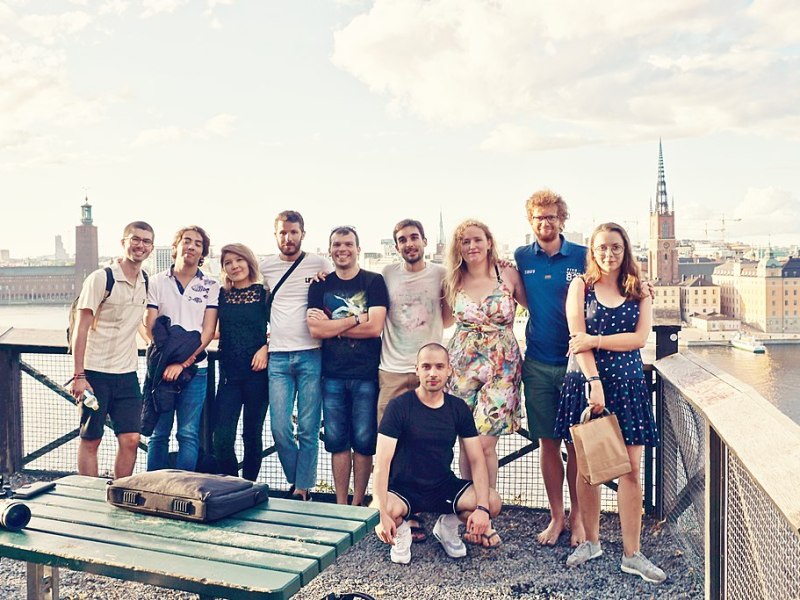
Wikimedia LGBT group meets at EuroPride Stockholm to celebrate diversity
Have you ever heard of compulsory heterosexuality? This concept described how heterosexuality is assumed, enforced and viewed as an obligation regardless of one’s own sexual preferences, and it was the subject of one of the articles that members of the LGBT user group wrote about in different languages in Stockholm, Sweden, last August. The event….
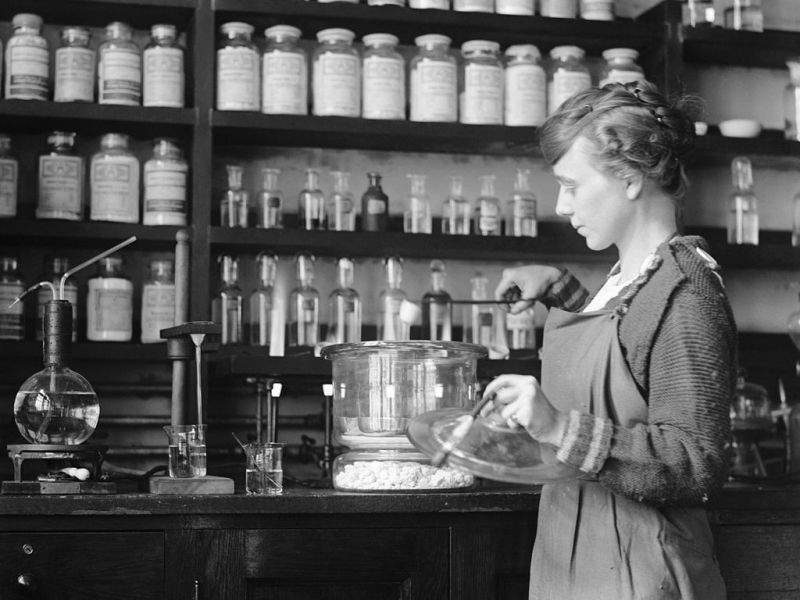
Women in Red is changing Wikipedia’s coverage of women, one article at a time
The news that optical physicist Donna Strickland did not have a Wikipedia page before winning the Nobel Prize in Physics brought renewed attention to Women in Red, a long-standing volunteer effort to add more biographies about women to the encyclopedia. After the announcement, the Women in Red WikiProject had one of their best weeks ever,….
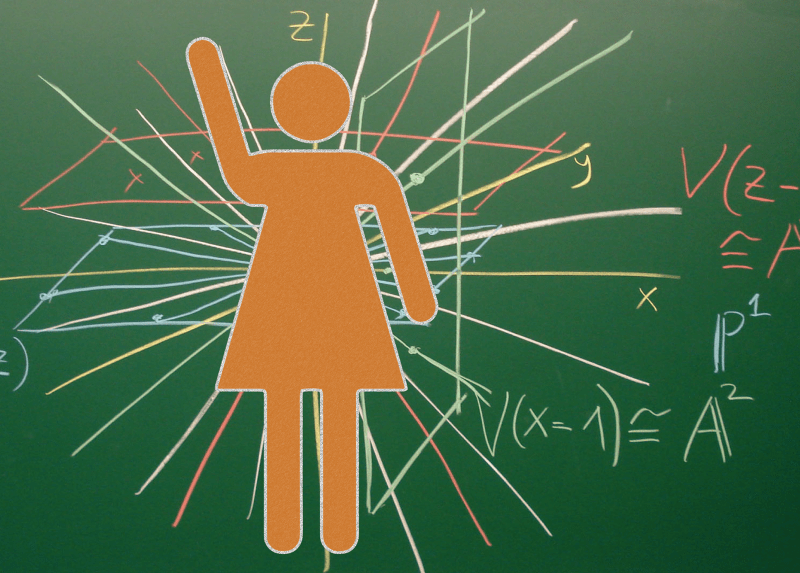
Wikipedia is a mirror of the world’s gender biases
This post ran in the Los Angeles Times on 18 October 2018. When Donna Strickland won the Nobel Prize this month, she became only the third woman in history to receive the award in physics. An optical physicist at the University of Waterloo, Strickland is brilliant, accomplished and inspiring. To use Wikipedia parlance, she is very….
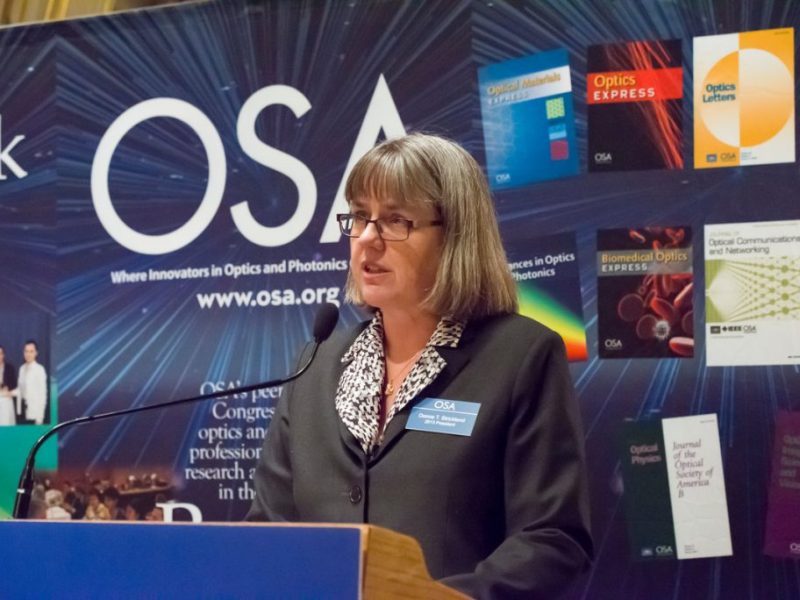
Why didn’t Wikipedia have an article on Donna Strickland, winner of a Nobel Prize?
Donna Strickland is an optical physicist at the University of Waterloo. She is also the winner of a Nobel Prize in Physics (as of two days ago), a former president and fellow of the Optical Society, and early in her career was the recipient of a Sloan Research Fellowship. What did she receive these honors….

This eight-year-old is inspiring others to edit Wikipedia
Sophia Fairweather is eight years old. She’s an inventor, a startup creator, a mentor, and a proud champion of women in STEM-related fields. She’s also a big advocate of Wikipedia and getting more people to edit the free encyclopedia. Sophia recently asked on LinkedIn and tweeted about an editing initiative she was launching throughout Canada….
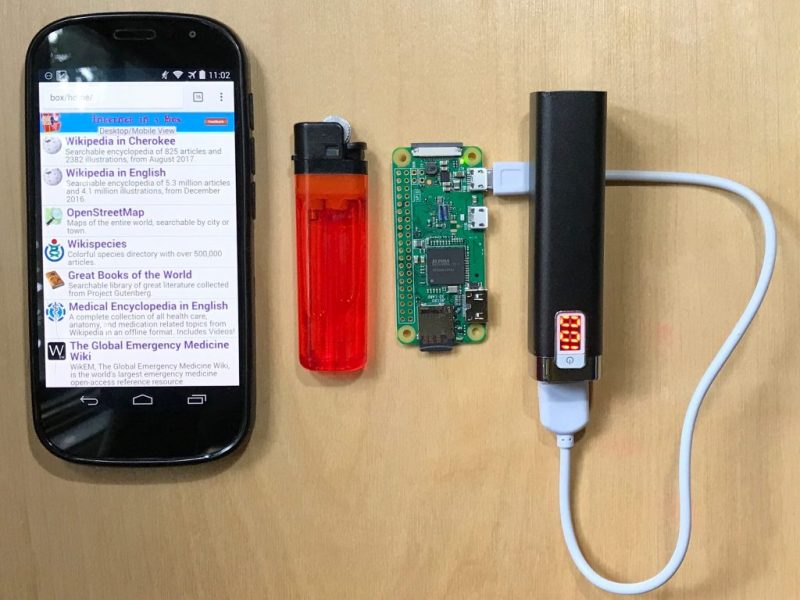
Exploring offline access to Wikipedia: Dr. Samuel Zidovetzki on Wikipedia’s role in rural health initiatives
Senior Program Manager Anne Gomez leads the New Readers initiative, where she works on ways to better understand barriers that prevent people around the world from accessing information online. One of her areas of interest is offline access, as she works with the New Readers team to improve the way people who have limited or infrequent access to….

After a catastrophic fire at the National Museum of Brazil, a drive to preserve what knowledge remains
On 2 September, disaster struck the National Museum of Brazil: a massive fire devastated the building and its extensive holdings. Centuries of cultural heritage, including recordings of dead languages and ancient artifacts from pre-Columbian times, were lost. But amid the carnage and destruction, a movement has risen—one with the aim of adding as much knowledge….
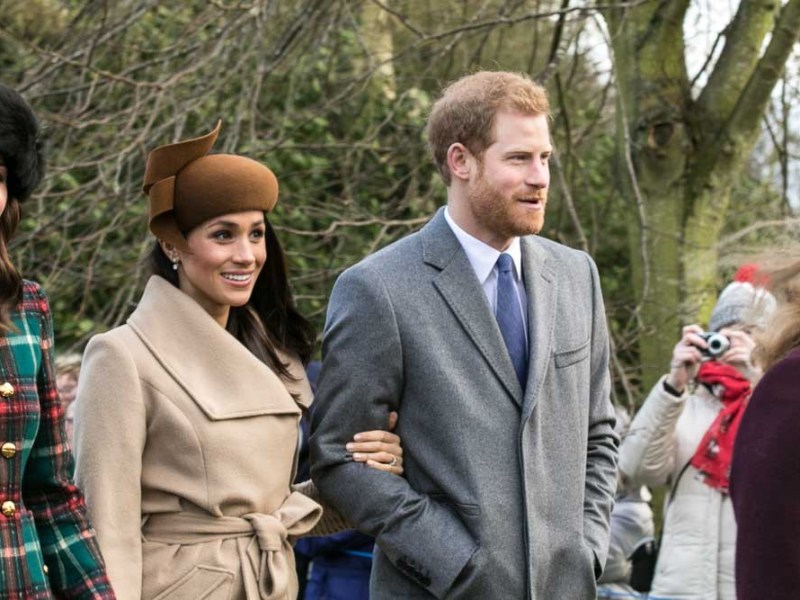
Why Wikipedia has an article on Doria Ragland, mother of Meghan Markle
Last May, Prince Harry, fifth in line to the British throne, married Meghan Markle, an American actress and activist. The event captivated millions upon millions of people for several weeks, and many of them journeyed to Wikipedia to read the encyclopedia’s curated content about the British monarchy, the wedding plans, and the people involved. Unfortunately,….
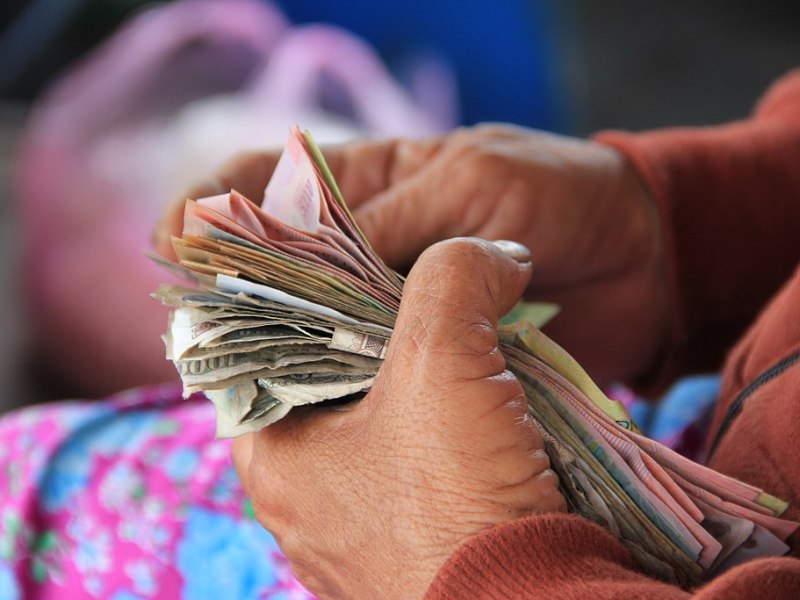
You don’t need to pay for a Wikipedia article
The benefits of having a Wikipedia article about yourself or your business seem obvious—they rank highly in search engine results, and having one can make your online presence more “professional”. However, Wikipedia works in a very different way than the rest of the internet. An article is by no means guaranteed; it can seem really….
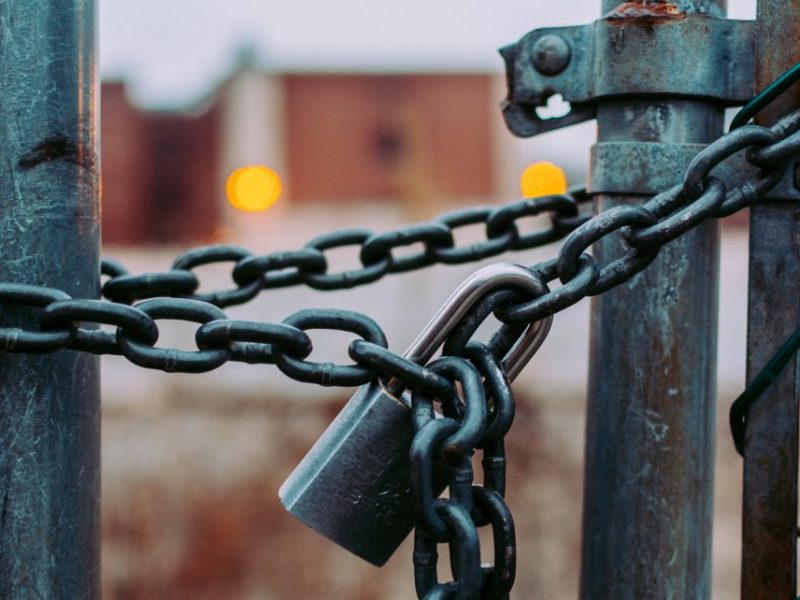
How many Wikipedia references are available to read? We measured the proportion of open access sources across languages and topics.
Let’s say you’re planning a trip to a subtropical region and you want to learn about available vaccines for yellow fever. You look up the English Wikipedia article. You’re lucky to find a well-sourced section, with a wealth of references, many of them pointing to information from public health agencies and reputable news articles. Great!….